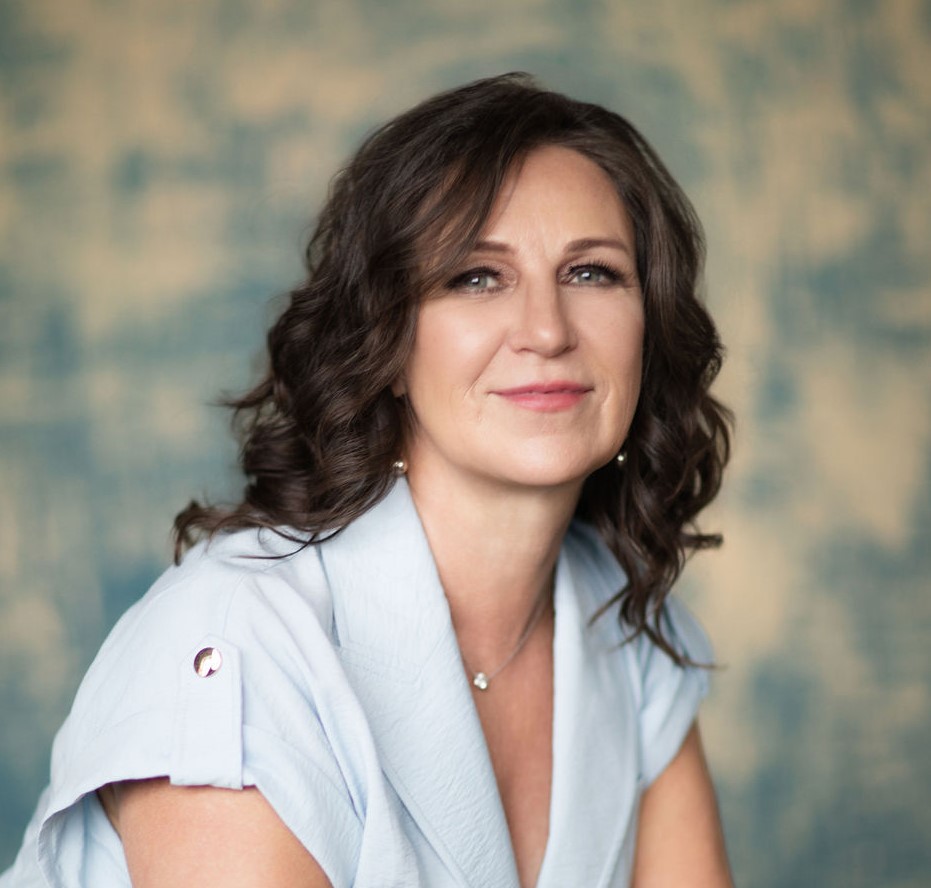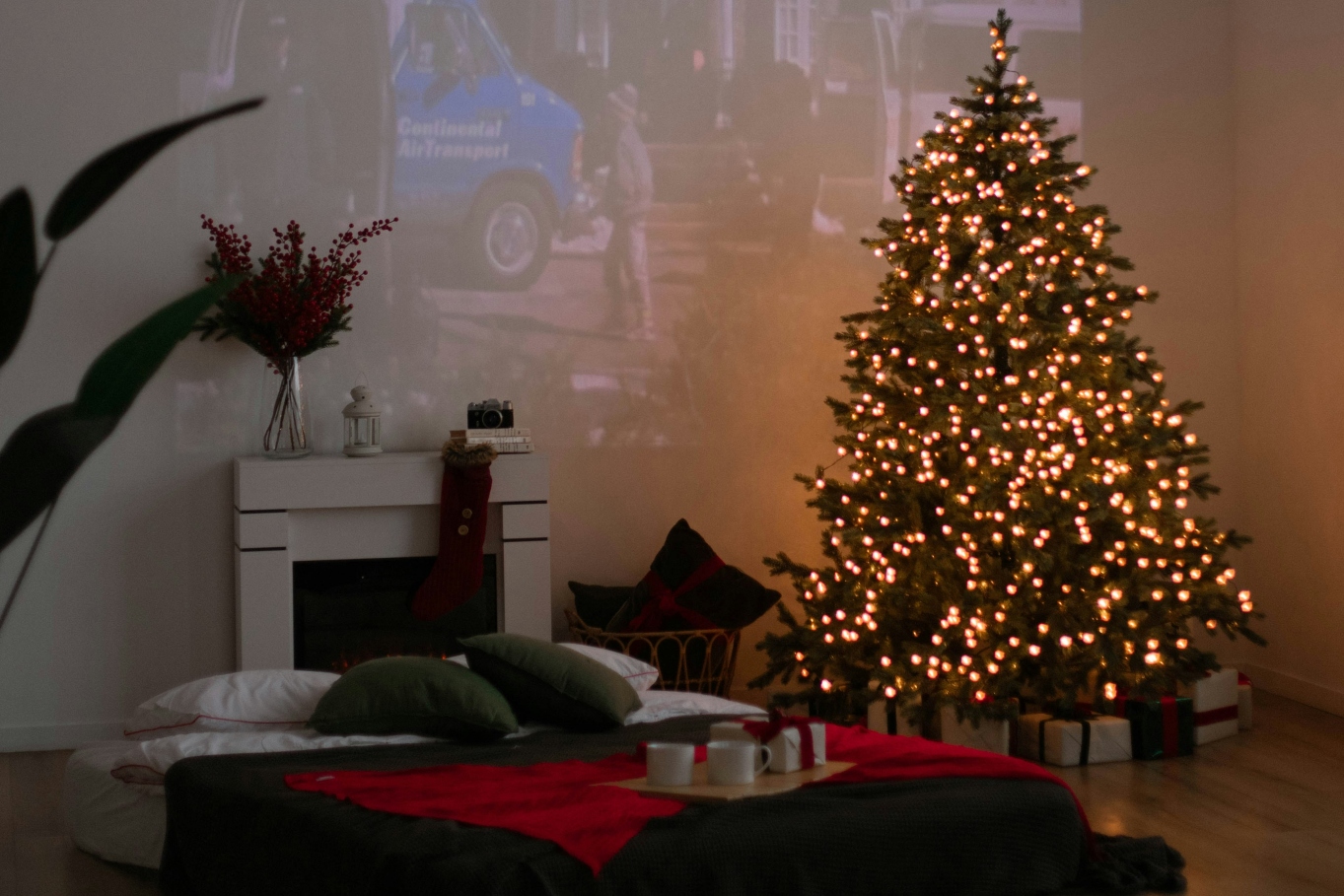Learn small, meaningful ways to make your first holidays after divorce less daunting and more joyful by creating new traditions.
The first Christmas Eve I spent without my kids, the house felt too quiet. For years, I’d either hosted or attended the family party—music, laughter, the smell of appetizers warming in the oven. But they were with their dad that year, and I was home alone. I wrapped presents, watched the Hallmark Channel, and told myself I was fine. I wasn’t.
I fell apart when they didn’t come home when they were supposed to, not because of the delay, but because I had no plan for myself. I’d filled the time with grief instead of intention.
In the following years, I decided to do it differently. Sometimes I went to a friend’s home. Sometimes I stayed in with yoga, candles, and a bath. It wasn’t about replacing the old but creating space for something that felt right in this new life. And that’s what the holidays after divorce ask of us: to stop trying to rebuild the old world and start shaping the next one.
10 Ways to Begin New Traditions
Here’s how to begin with small, meaningful ways to make your first or second solo holiday less daunting—and more fulfilling.
1. Give yourself permission to feel the loss — and to stop performing.
The first holidays after divorce carry a mix of ache and relief. The silence where the noise used to be feels endless. The traditions you once orchestrated—tree trimming, cookie baking, family parties—become reminders of what’s changed. You don’t have to make it magical for everyone else anymore. You don’t have to smile through it. The quiet hurts at first, but it also holds space for healing. Let yourself miss what’s gone without pretending you don’t. Sometimes honesty is the kindest gift you can give yourself.
2. Keep one familiar thing.
A single ritual can serve as a thread of continuity. It could be the same cookie recipe or the old ornament the kids made in kindergarten. Familiar touchstones remind your children—and you—that while the family structure has changed, love hasn’t vanished. But this is also where discernment matters. Some traditions belong to the past. In our family, we used to decorate the tree together. It was mostly for me, not the kids, but it was something all five of us did. After the divorce, I realized that trying to recreate that moment without my husband there didn’t feel right. The air around it had changed. Letting that tradition go was a way of honoring that truth. It said, “We’re not pretending this is the same, because it isn’t.” And somehow, not forcing them to repeat it gave us permission to move forward.
3. Create one new thing just for you.
Your first instinct might be to fill the time, to distract yourself from the emptiness. But new traditions built around meaning—not busyness—tend to last. Start small: light a candle and write a short reflection on the year. Go for a walk on Christmas morning before anyone else wakes up. Make a new playlist. The ritual doesn’t have to be sentimental; it just has to belong to you. Those small acts become markers of identity—evidence that life still holds beauty in its new form.
4. Redefine “together.”
Together may look different now, and that’s okay. It might be sharing a meal with friends, calling your kids for a video-chat toast, or volunteering alongside strangers who quickly feel like community. Family doesn’t end; it evolves. You can still be part of something that feels whole. It may not look like it used to.
5. Set boundaries that honor who you’re becoming.
My first Christmas morning without my husband, he asked to come over. I said no. For over twenty-five years, our rhythm had been the same: I made coffee, everyone opened presents, I made breakfast, and I cleaned up. I wasn’t ready to step back into that pattern—one where my husband sat on the couch while I did the work. Saying no wasn’t cruel; it was a boundary I needed. That was the moment I began to reclaim myself. Boundaries aren’t rejection—they recognize what can’t stay the same.
6. Focus on meaning, not performance.
You don’t need matching pajamas, a flawless dinner, or a curated Instagram moment. The people who matter most need your presence, not your perfection. You could skip the elaborate meal and order takeout. Maybe you stay in pajamas until noon. Traditions built on authenticity will always outlast those built on image.
7. Give your kids space — and age-appropriate say.
Your children are also adjusting. They’re learning how to hold love for both parents in two separate worlds. Give them space to feel sad, quiet, or conflicted. For younger kids, reassurance is everything. For teens, offering small choices helps them feel respected: Would you rather open gifts here in the morning or after dinner? What they don’t need is pressure to smile or perform happiness. Forcing “holiday spirit” can make them feel unseen. Real connection begins when everyone—kids and parents alike—can be honest about where they are.
8. Give where you can.
When everything feels smaller, giving makes it bigger again. Volunteer, donate, or invite someone who’s alone to share your table. Generosity reminds you that your life still has reach and purpose beyond your own story.
9. Notice the beauty that remains.
After so much upheaval, beauty might arrive quietly—a candle flicker, a message from your child, a deep breath that doesn’t ache. The more you notice these small mercies, the less the emptiness defines the day. Gratitude doesn’t erase grief, but it keeps hope in circulation.
10. Remember: this isn’t the end of holidays—it’s the start of a new rhythm.
The old rituals carried meaning because they reflected who you were. These new ones will reflect who you’re becoming. Maybe this year you’re still finding your footing. That’s fine. Next year, it’ll feel a little easier. You’re building a life that fits now, one quiet, intentional season at a time.
Closing Reflection
Your first holidays alone aren’t a test of strength—they’re an invitation to rewrite what celebration means. Maybe it’s smaller, maybe it’s simpler, perhaps it’s softer. That’s still joy. You’re not erasing the past; you’re acknowledging it, then walking forward with both hands free to hold something new. Because joy after divorce doesn’t come from pretending everything’s fine. It comes from discovering that even after everything changes, the light still finds you.


Brenda Bridges
Mediator, MAT, RICP®, CDFA®, CDC®








